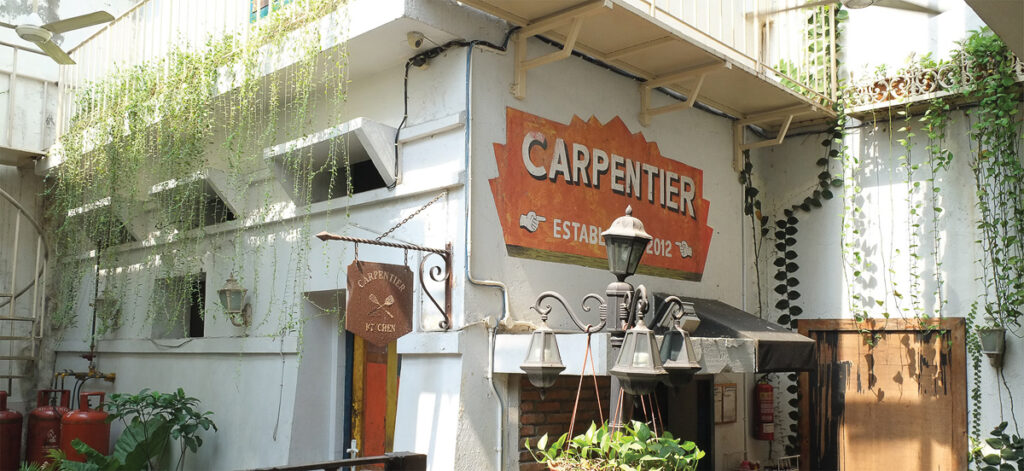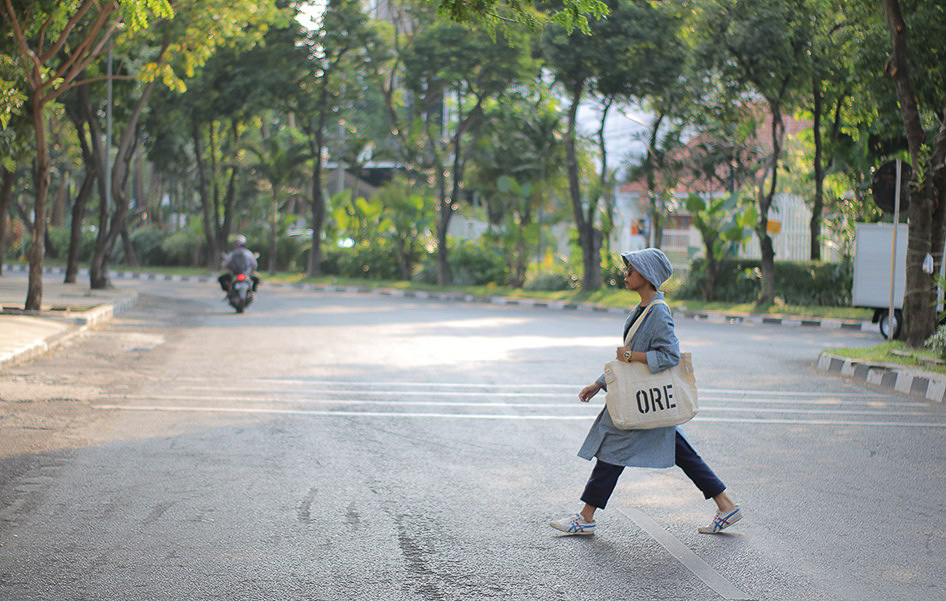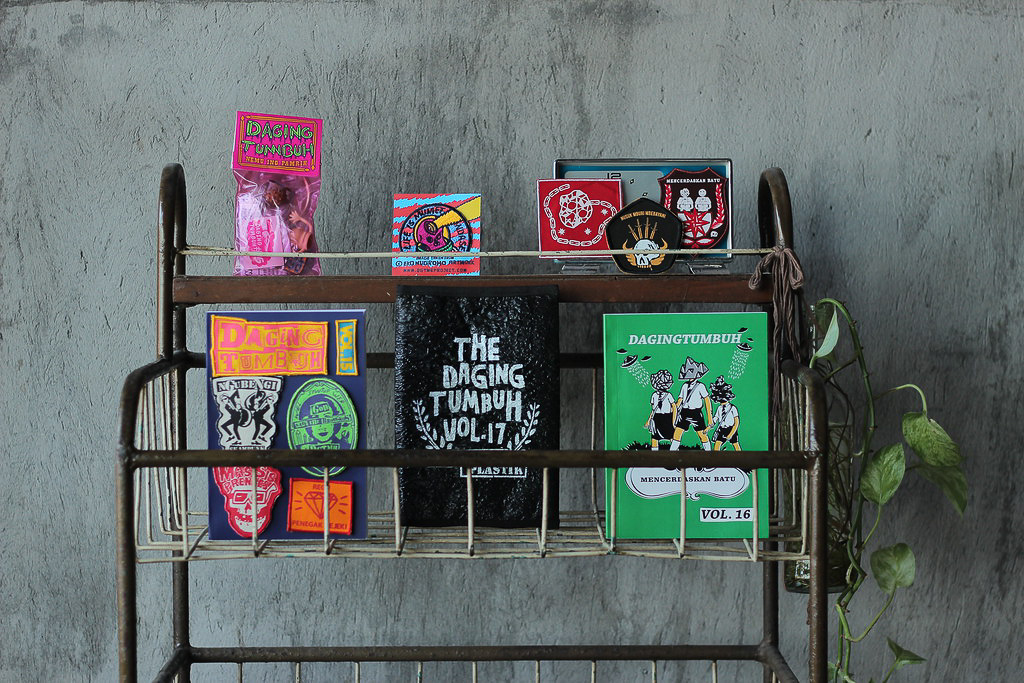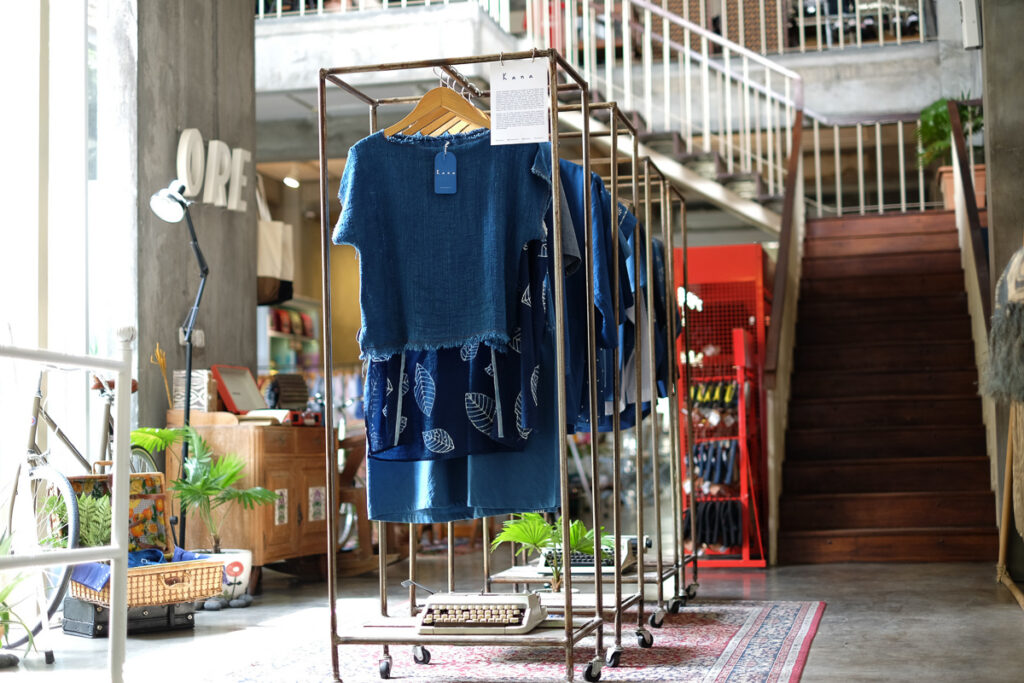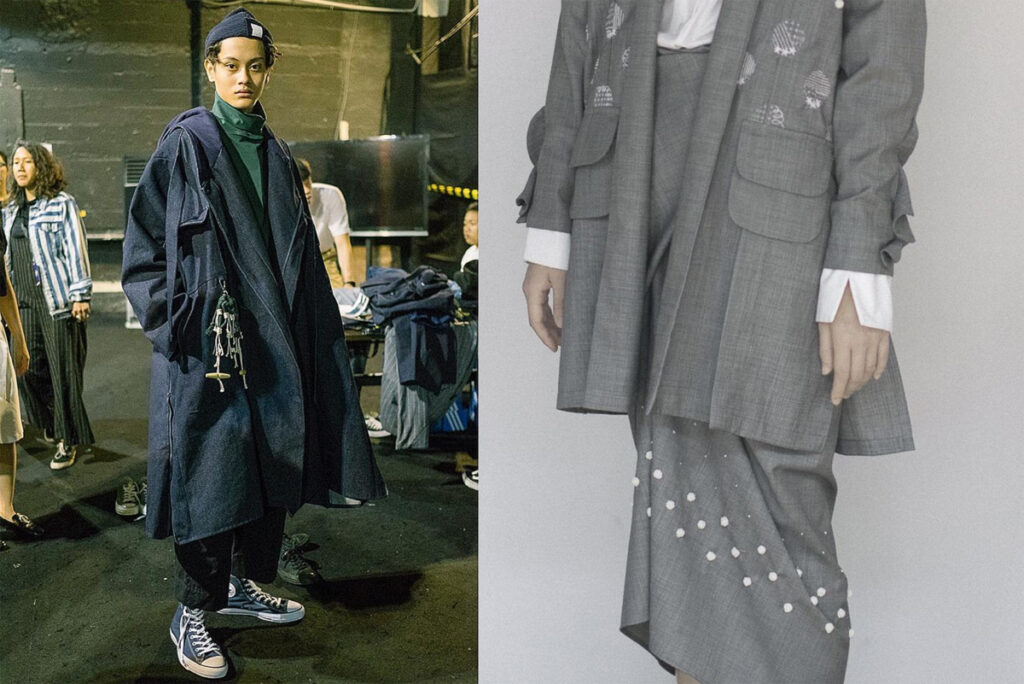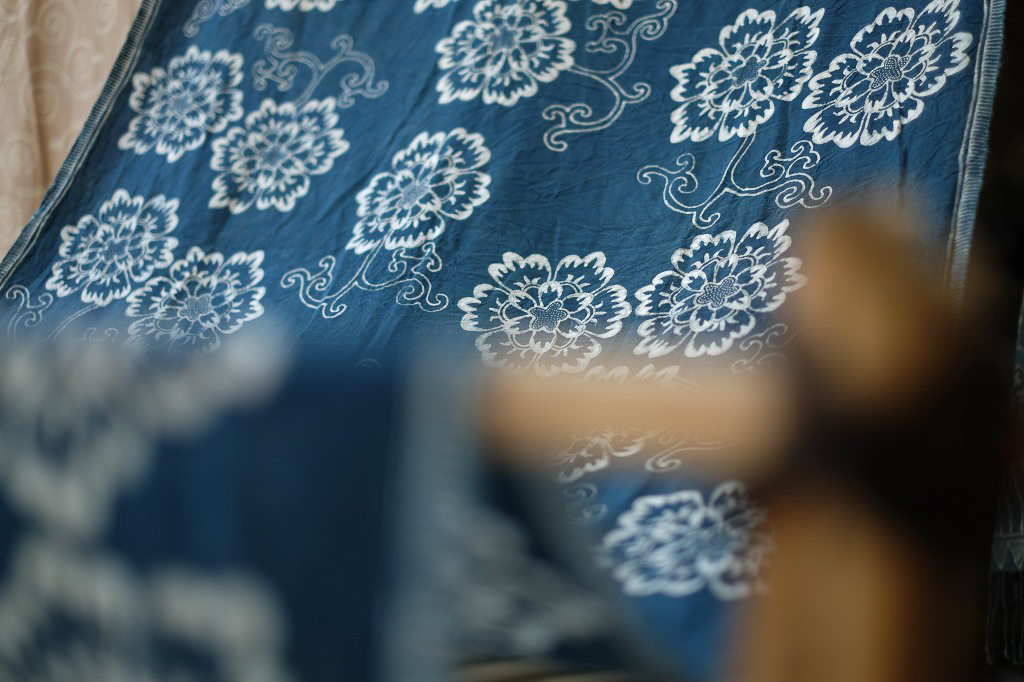- Carpentier Kitchen, ORE Small Business and Café, Surabaya
- Other Rag Entreprise collection
Carla van Lunn ventures into Surabaya to find a bricks and mortar establishment that reflects the city’s refined style and taste.
(A message to the reader.)
In our Instagram and “click to buy” world, it’s becoming rarer to have #IRL retail experiences, and even rarer to be inspired by the act of shopping. Stores that reawaken our senses and lift us out of our digital brain fog with originality and poetry are like cultural performances.
One of my most delightful bricks-and-mortar discoveries was in Surabaya, the capital of East Java, known more for its trade and commerce than its creative scene.
A university colleague and I were visiting the city for work a couple of years ago. We had been connected, via WhatsApp, with a friend of a friend, Dewi Asthari. Dewi is a fashion designer and entrepreneur and in true Indonesian hospitality, she took us out to dinner and then to her shop.
As is normal in Javanese cities, the evening we met Dewi we spent a lot of time in traffic. While sitting in the car, I admired the greenness and urban landscape of Surabaya. There were islands of tropical plants growing between the lanes of traffic and historic Dutch architecture still visible among the corporate buildings. Dewi explained the greenness and cleanness of Surabaya is thanks to the female mayor who has been regenerating the empty land and public spaces.
- DGTMB, official art merchandise
- Store interior, ORE Small Business and Café
- ORE Small Business and Café
We finally reached Dewi’s shop called ORE Small Business and Café. Dewi and her husband Alek branded their business as “small” because they believe everything that is kept small will always have soul.
We step into their wonderland of a space, housed in a beautifully weathered colonial building. Exposed brick and steel beams blend with antique staircases and floor tiles. It’s industrial and organic, with vines and tropical plants trailing everywhere through the split-levelled, light-filled store and courtyard.
ORE stands for “Other Rag Enterprise”. Dewi explains to me that the symbolism of a rag, a piece of cloth used so many times that it’s very comfortable and familiar, is what they want to bring to people. The store is ultra-cool but has a welcoming and comfortable quality like the vintage furniture scattered throughout. You want to settle in and become part of the scene.
The shop is a stage for local and Indonesian brands, including streetwear, artworks, music, hand-crafted accessories, objects, and fashion.
ORE includes a hip café called Carpentier Kitchen named after the colonial street name, “Carpentierstraat”. They serve Instagramable comfort food and artisanally crafted100% Indonesian house coffee.
- Dewi Asthari and Alek Kowalski, allthethingsivedone, bespoke fashion
- Kana Goods, baik tulis with natural indigo
Dewi has a personal passion for historical details and handcraft, but explains that her younger customers want products with clean contemporary details. She says the challenge is to fuse the past and the present, to combine craft techniques and modernity to make products relevant. This is what she does with her own brand, allthethingsivedone, a bespoke fashion label combining creative tailoring, suiting fabrics, whimsical hand-embroidery and romantic volumes and details.
ORE promotes and sells other Indonesian brands such as Kana Goods: natural indigo, hand-drawn batik for a millennial audience, Revolt Industry: artisanally crafted, vegetable-dyed leather goods, Ruma Manis: handmade stonewear with sweet floral motifs. These craft products are mixed with Indonesian streetwear to create a fresh and commercially appealing perspective on design and materials.
While arguably every creative and craftsperson today has the ability to build their own online platform, we still need pioneering shops that will bring us into contact with beautiful objects and make us slow down to appreciate the details. In a world of one-click retail, the value of a thoughtful space encouraging us to walk slowly and have conversations, to share a coffee and exchange ideas is becoming as rare as eye contact.
#craft_refresh
Author
 Carla van Lunn is a designer and fashion diplomat based in Brisbane, Australia. She teaches fashion design and sustainability at the Queensland University of Technology. Carla’s ambition is to share the beauty and wonder of Indonesian batik with a wider international audience.
Carla van Lunn is a designer and fashion diplomat based in Brisbane, Australia. She teaches fashion design and sustainability at the Queensland University of Technology. Carla’s ambition is to share the beauty and wonder of Indonesian batik with a wider international audience.

